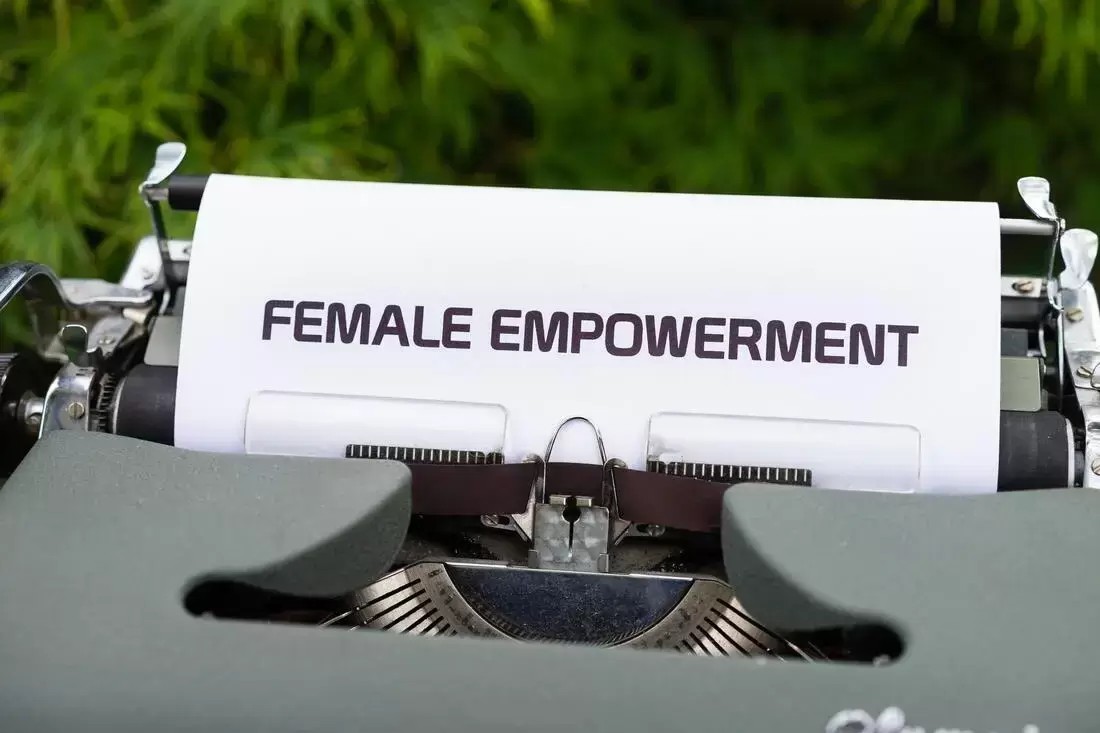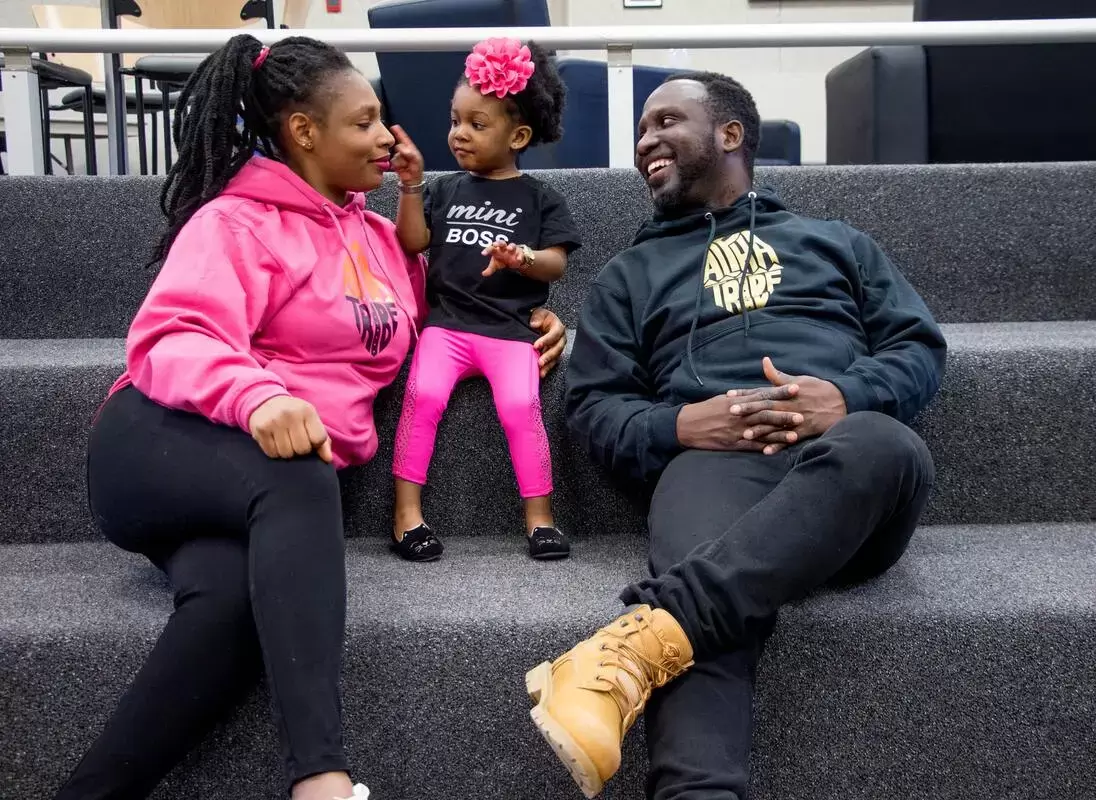Blog |
Blog |
Women Empowerment by Men -Beliefs and PracticesWhat is the perception of men (husbands) to women empowerment?As with any issue, perceptions of men and husbands towards women empowerment can vary greatly depending on the individual and their personal beliefs. Some men and husbands may have a positive view of women empowerment and may actively support efforts to promote gender equality. They may believe that women should have equal opportunities and rights as men and may work to create a more inclusive and equitable society. On the other hand, some men and husbands may not fully understand or support the concept of women empowerment. They may hold traditional beliefs about gender roles and may not see the need for women to have equal rights and opportunities. These individuals may not be willing to challenge the status quo and may not support efforts to promote gender equality. Ultimately, it is important for all men and husbands to recognize the value and importance of women empowerment. By supporting efforts to promote gender equality, men and husbands can help create a more inclusive and equitable society for everyone. This can benefit not only women, but also men, families, and communities.  Photo by Markus Winkler on Unsplash Why do husbands treat their daughters differently from their wives?The reasons why husbands might treat their daughters differently from their wives can vary greatly and can depend on a variety of factors. Some possible reasons for this behavior include societal norms and expectations about gender roles, personal experiences and beliefs, and individual differences between the husband, wife, and daughters.
Overall, the reasons why husbands might treat their daughters differently from their wives can be complex and varied. It is important for husbands to communicate openly with their wives and daughters and to strive to treat everyone in their family with respect and kindness. By doing so, they can help create a more positive and healthy family dynamic.  Photo by Trust "Tru" Katsande on Unsplash Factors that influences husbands’ beliefs to treat daughters differently from their wives?
Ways to treat women in the home to model female empowerment for girlsChanging husbands' beliefs and behaviors to support their wives and model female independence and empowerment to their daughters can be a complex and challenging process. However, there are some steps that men and society can take to help facilitate this change:
In summary, changing husbands' beliefs and behaviors to support their wives and model female independence and empowerment to their daughters will require a collective effort from men, women, and society as a whole. By working together and supporting one another, we can create a more equal and just world for all. Read Our Featured Blogs and More!
Follow our socials for more updates
1 Comment
|
Archives
June 2024
Categories
All
|
|
The SaGG Foundation (Sponsor a Gambian Girl) is a girl’s education movement, with aim of championing the cause for girl child education in The Gambia. Education is a basic human right; our vision is to advocate and champion for girls' education.
|
TAKE aCTION |
About us |
|
